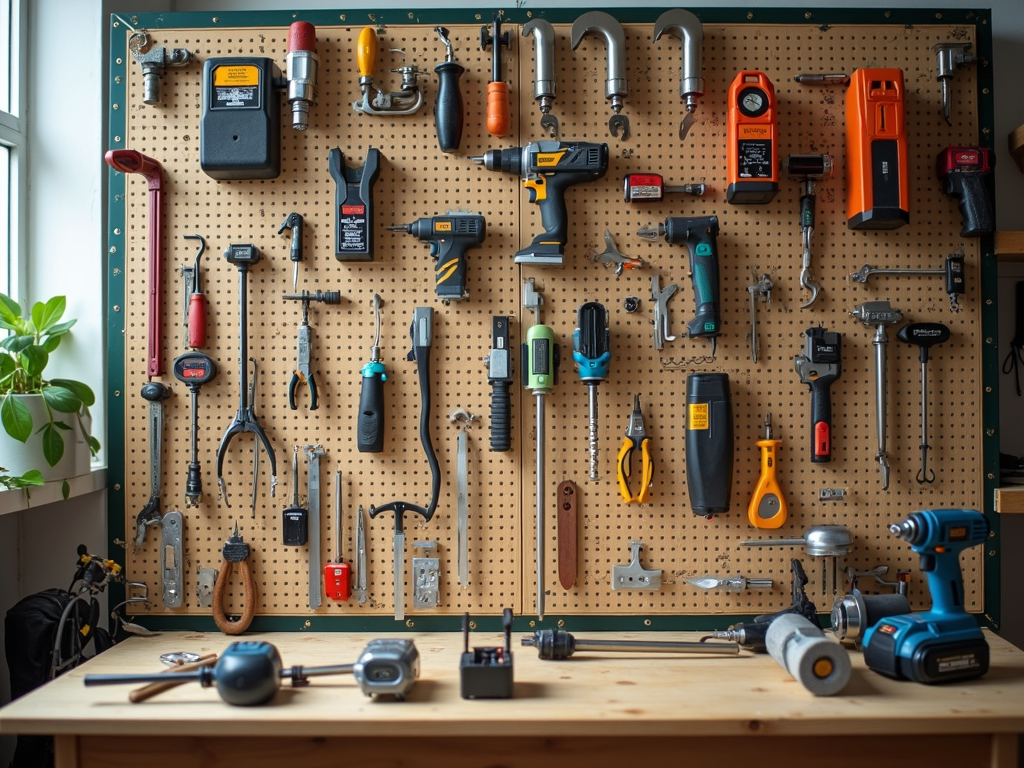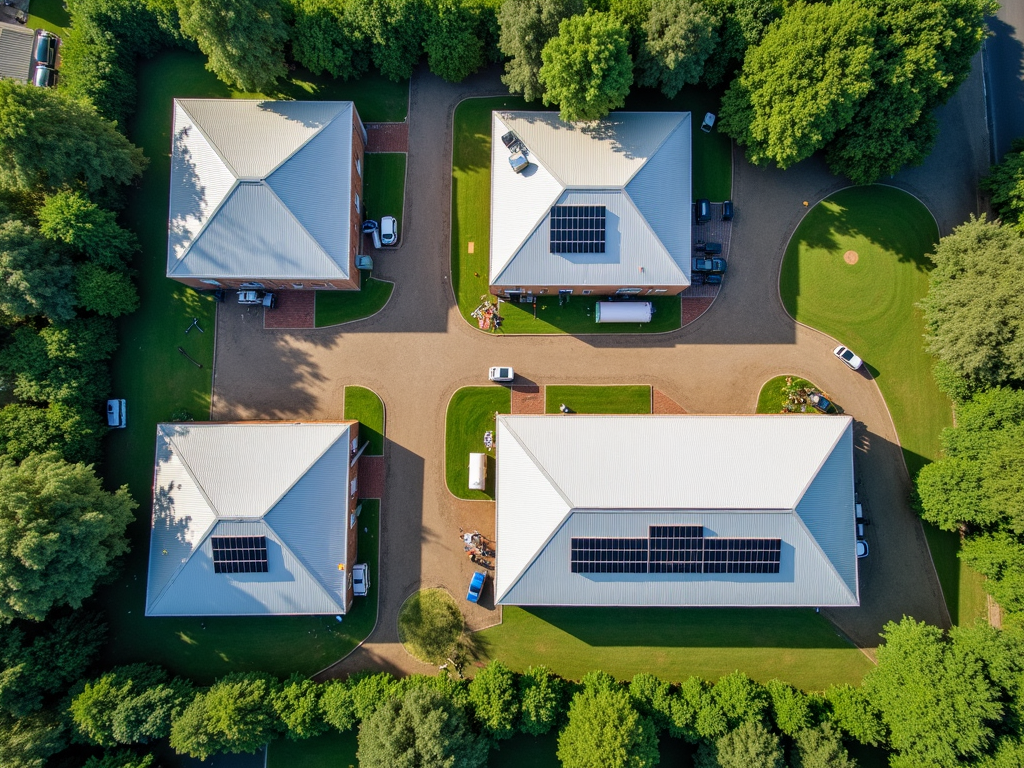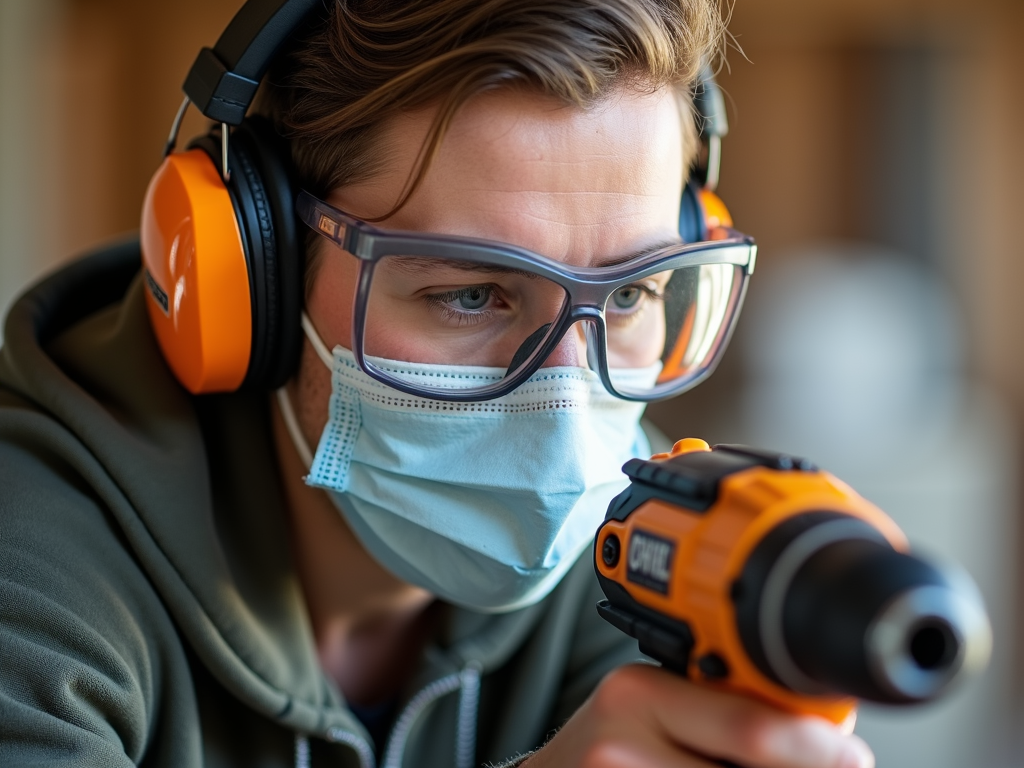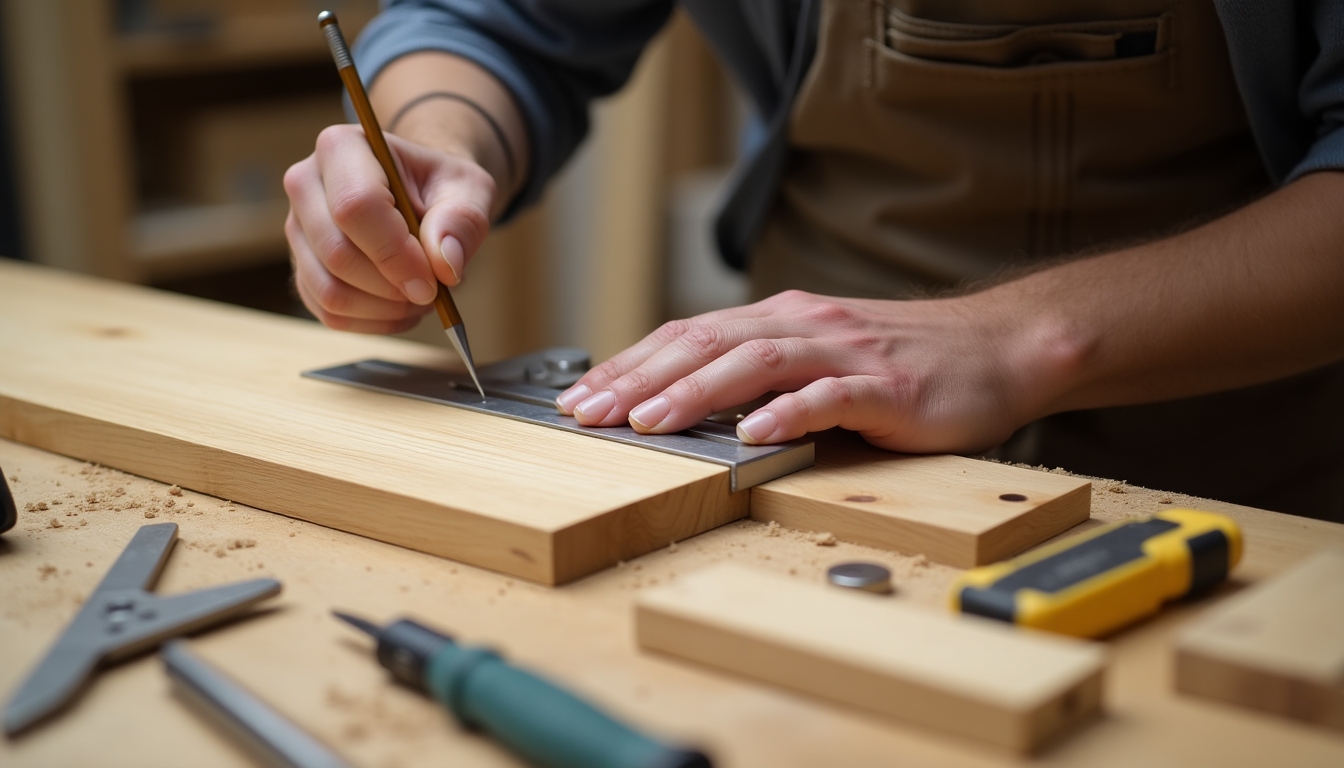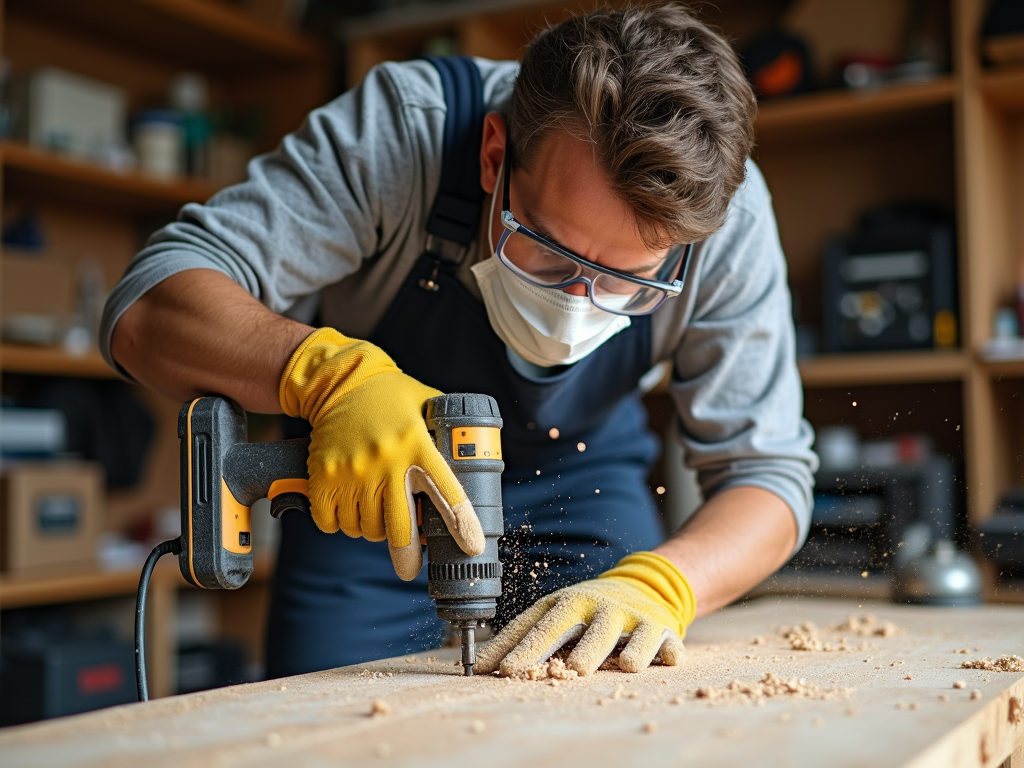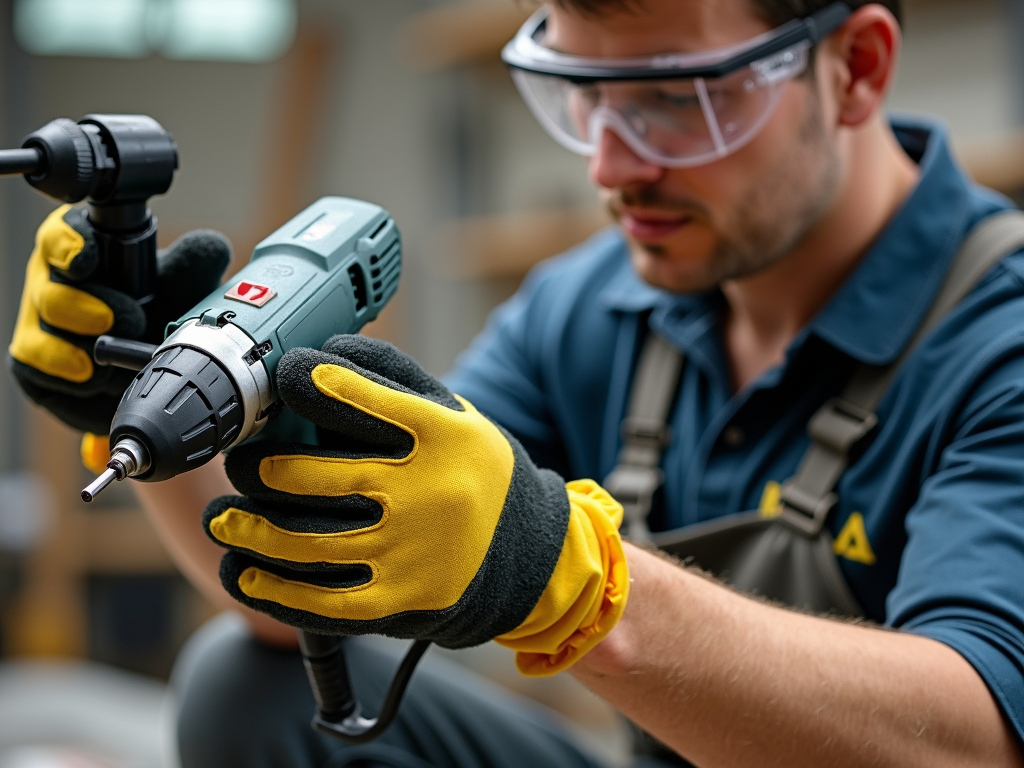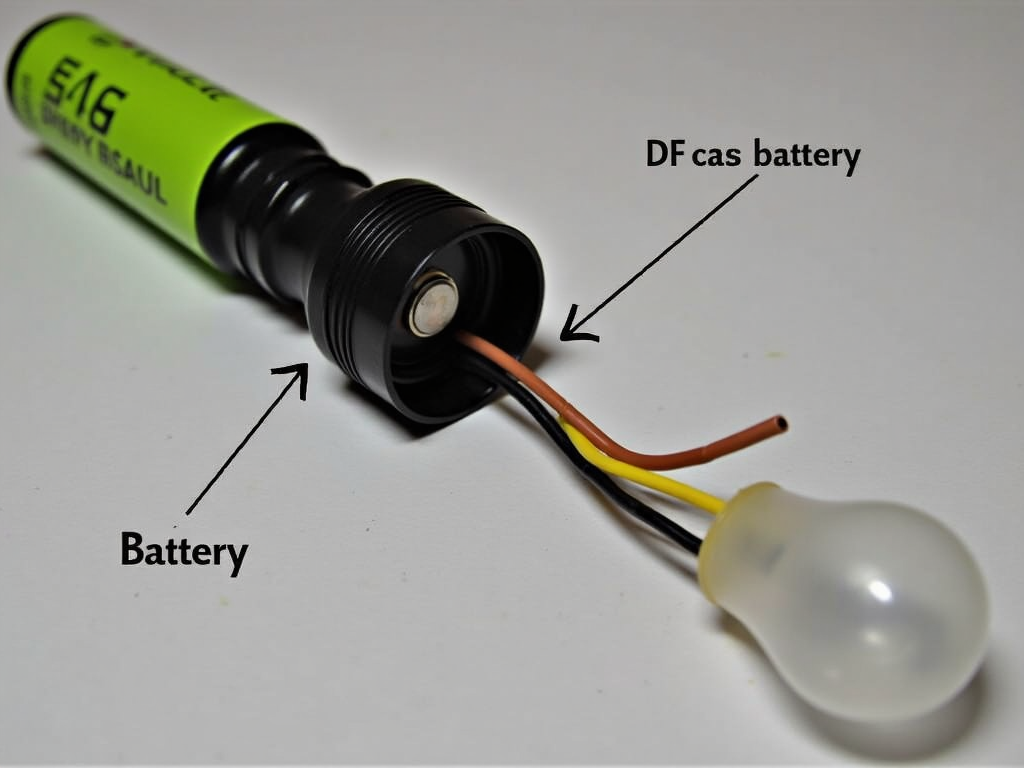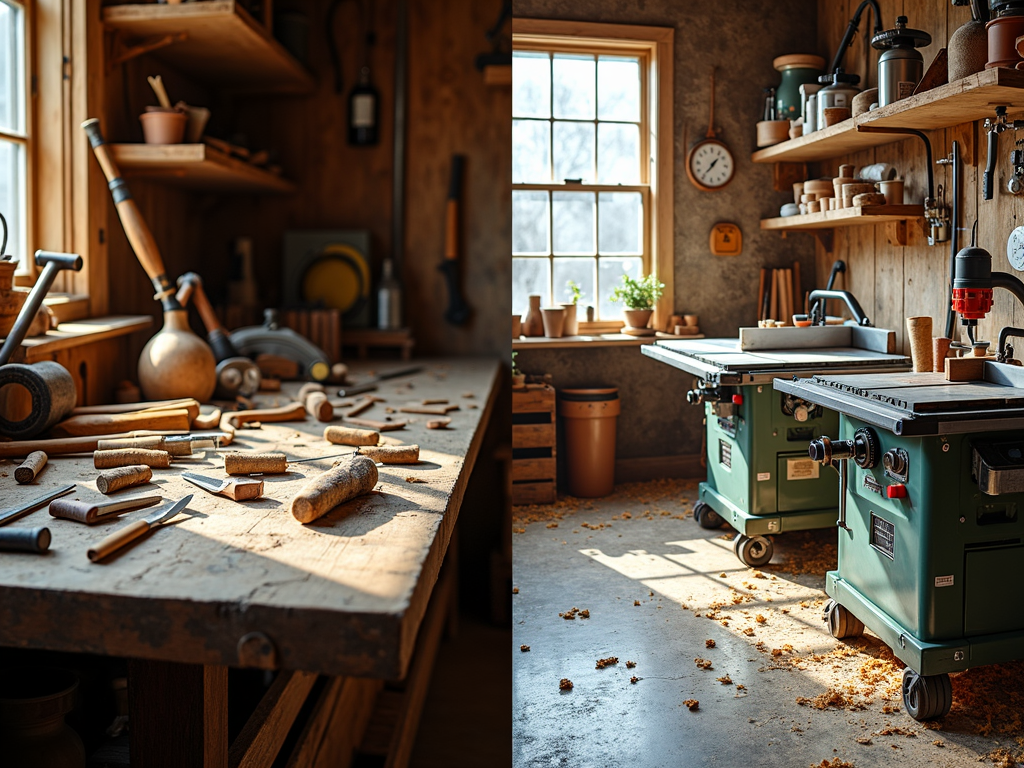Starting your DIY journey can be both exciting and daunting. With the right power tools, you can tackle a variety of projects with confidence. This guide will help you understand the best power tools for beginners, how to choose the right tool for your project, and specifically, how to pick the right drill for your needs. We'll also touch on power washers, an essential tool for many outdoor projects.
Why Power Tools Are Essential for DIY Beginners
Power tools can make your DIY projects easier, faster, and more efficient. They allow you to cut, drill, sand, and fasten materials with precision and ease. For beginners, having the right tools can make the difference between a frustrating experience and a successful project.

How to Choose the Right Power Tool for Your Project
Choosing the right power tool depends on the type of project you're undertaking. Here are some key factors to consider:
- Project Type: Different projects require different tools. For example, woodworking projects might need saws and sanders, while home improvement tasks might require drills and screwdrivers.
- Material: The material you're working with will dictate the tool you need. For instance, cutting metal requires different tools than cutting wood.
- Complexity: Beginners should start with simpler tools and projects to build confidence and skills.
When selecting a power tool, look for one that is versatile, easy to use, and within your budget. It's also important to consider the tool's safety features and ergonomics.
Personal Insight
When I started my DIY journey, I was overwhelmed by the variety of tools available. I remember my first project was building a simple bookshelf. I chose a cordless drill because it was versatile and easy to handle. It made drilling holes and driving screws a breeze. That experience taught me the importance of selecting the right tool for the job.
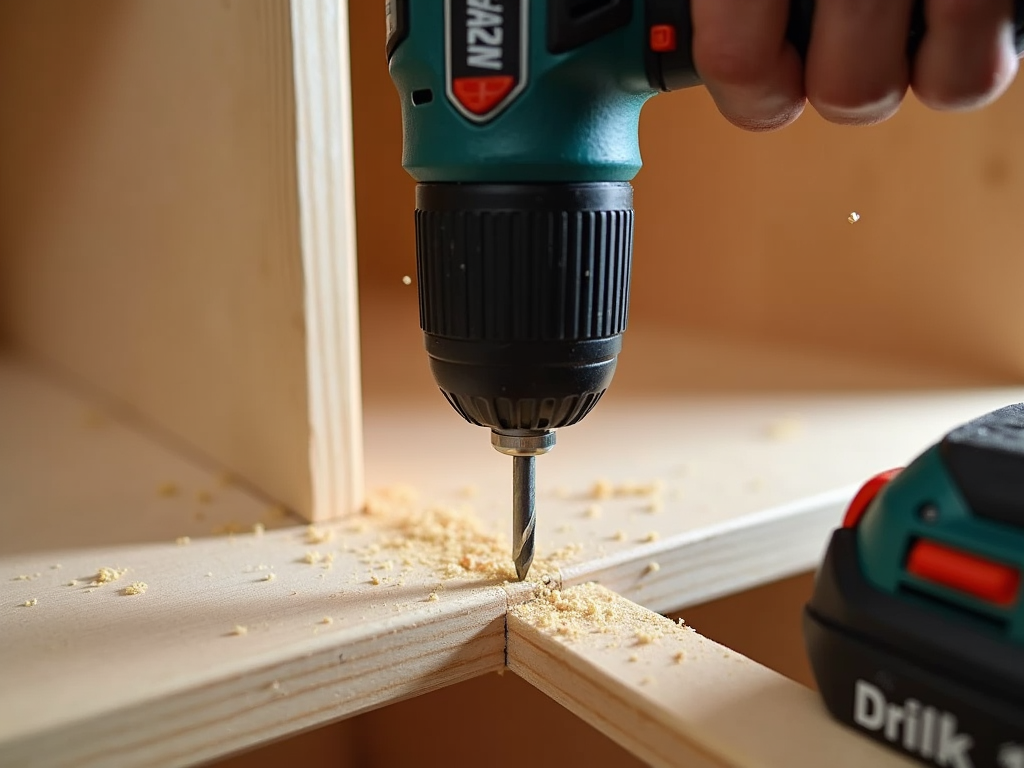
Picking the Right Drill for Your Needs
Drills are one of the most essential power tools for any DIY enthusiast. They can be used for drilling holes, driving screws, and even mixing paint. Here's how to choose the right drill:
- Corded vs. Cordless: Cordless drills are more portable and convenient, while corded drills offer more power and are better for heavy-duty tasks.
- Voltage: For beginners, a 12V to 18V drill is sufficient for most projects.
- Features: Look for drills with variable speed settings, a keyless chuck for easy bit changes, and a comfortable grip.
Here's a table comparing different types of drills:
| Type | Power Source | Best For |
|---|---|---|
| Cordless Drill | Battery | General DIY projects |
| Corded Drill | Electric | Heavy-duty tasks |
| Hammer Drill | Electric | Drilling into masonry |
| Impact Driver | Battery | Driving screws |
For most beginners, a cordless drill is the best starting point due to its versatility and ease of use.
Personal Insight
I once tried using a corded drill for a project that required mobility, and I ended up tangled in the cord. It was frustrating and slowed me down. Since then, I've always opted for cordless drills for their convenience and flexibility.
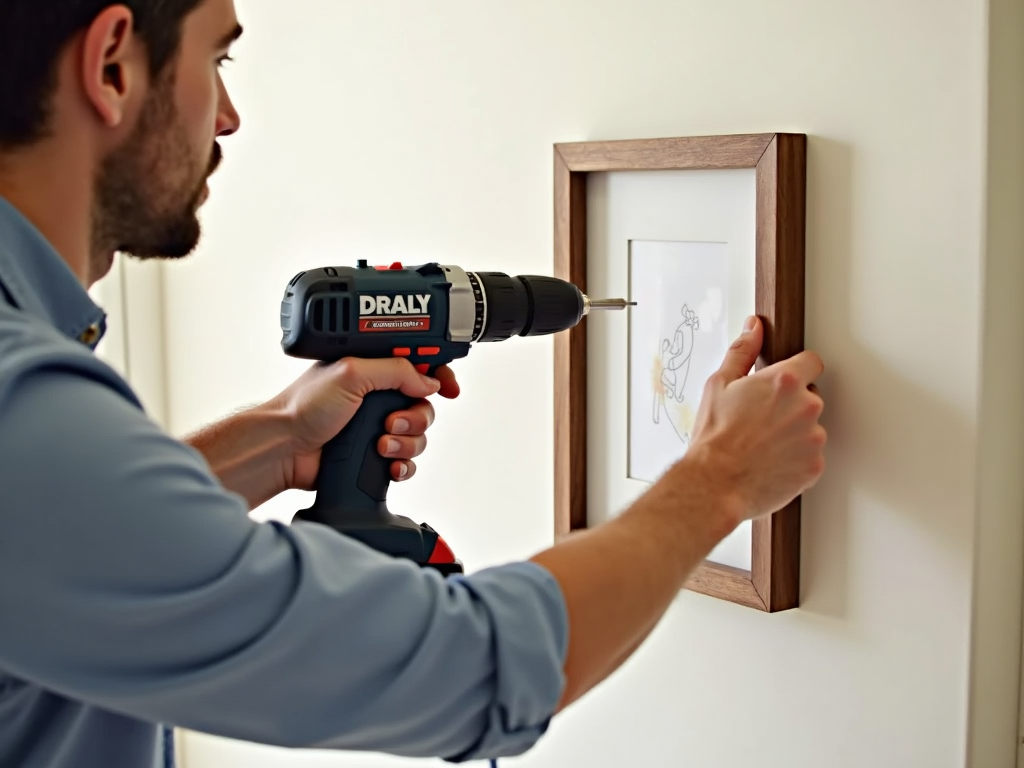
Power Washers: A Must-Have for Outdoor Projects
Power washers are incredibly useful for cleaning outdoor surfaces like decks, driveways, and siding. They use high-pressure water to remove dirt, grime, and mildew. When choosing a power washer, consider:
- Pressure: Measured in PSI (pounds per square inch). For most home use, 1500-2000 PSI is sufficient.
- Flow Rate: Measured in GPM (gallons per minute). A higher flow rate means faster cleaning.
- Electric vs. Gas: Electric power washers are quieter and easier to maintain, while gas models offer more power.
Safety is crucial when using power washers. Always wear protective gear and follow the manufacturer's instructions.
Personal Insight
I used a power washer for the first time to clean my deck before repainting it. The difference was astonishing. It removed years of built-up grime and made the deck look almost new. However, I learned the hard way to start with a lower pressure setting to avoid damaging the wood.
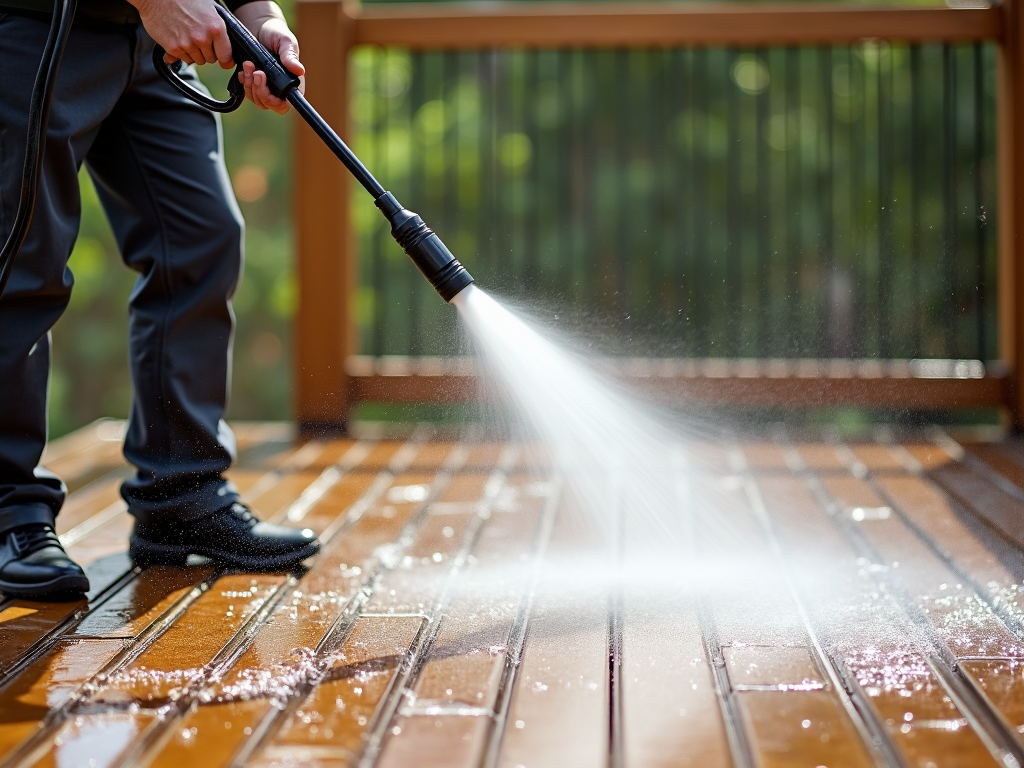
Safety Tips for Using Power Tools
Safety should always be a priority when using power tools. Here are some essential tips:
- Read the Manual: Always read the user manual before using a new tool.
- Wear Protective Gear: Use safety glasses, gloves, and hearing protection as needed.
- Keep Your Workspace Clean: A clutter-free workspace reduces the risk of accidents.
- Use Tools as Intended: Don't modify tools or use them for purposes they're not designed for.
- Unplug or Remove Batteries: When changing bits or blades, always disconnect the power source.
By following these tips, you can ensure a safe and enjoyable DIY experience.
Summary
Choosing the right power tools is crucial for DIY beginners. Start with versatile tools like a cordless drill and consider adding a power washer for outdoor projects. Always prioritize safety and choose tools that match your project's needs. With the right tools and knowledge, you can tackle a wide range of DIY tasks with confidence.
Related Best Power Tools for DIY Beginners:
- Mastering Workshop Tool Maintenance: A Pro's Guide to Long-Lasting Gear
- Sustainable Practices in Modern Workshops
- Power Tools Safety Guidelines: A Comprehensive Guide
- Mastering Advanced Techniques for Professional Woodworkers
- Must-Have Safety Gear for DIY Projects: Stay Protected While You Create
- Healthy Habits for Hard-Working Tradespeople: Staying Safe and Comfortable on the Job
- Power Tools Maintenance Tips: Keep Your Gear in Top Shape
- Understanding Electrical Circuits: A Beginner's Guide
- The Importance of Tool Safety
- The Rise of Smart Tools in Woodworking: A New Era of Safety and Innovation
- The Ultimate Guide to Power Tools for Precision Drilling
- Best Power Drills for Home Use
